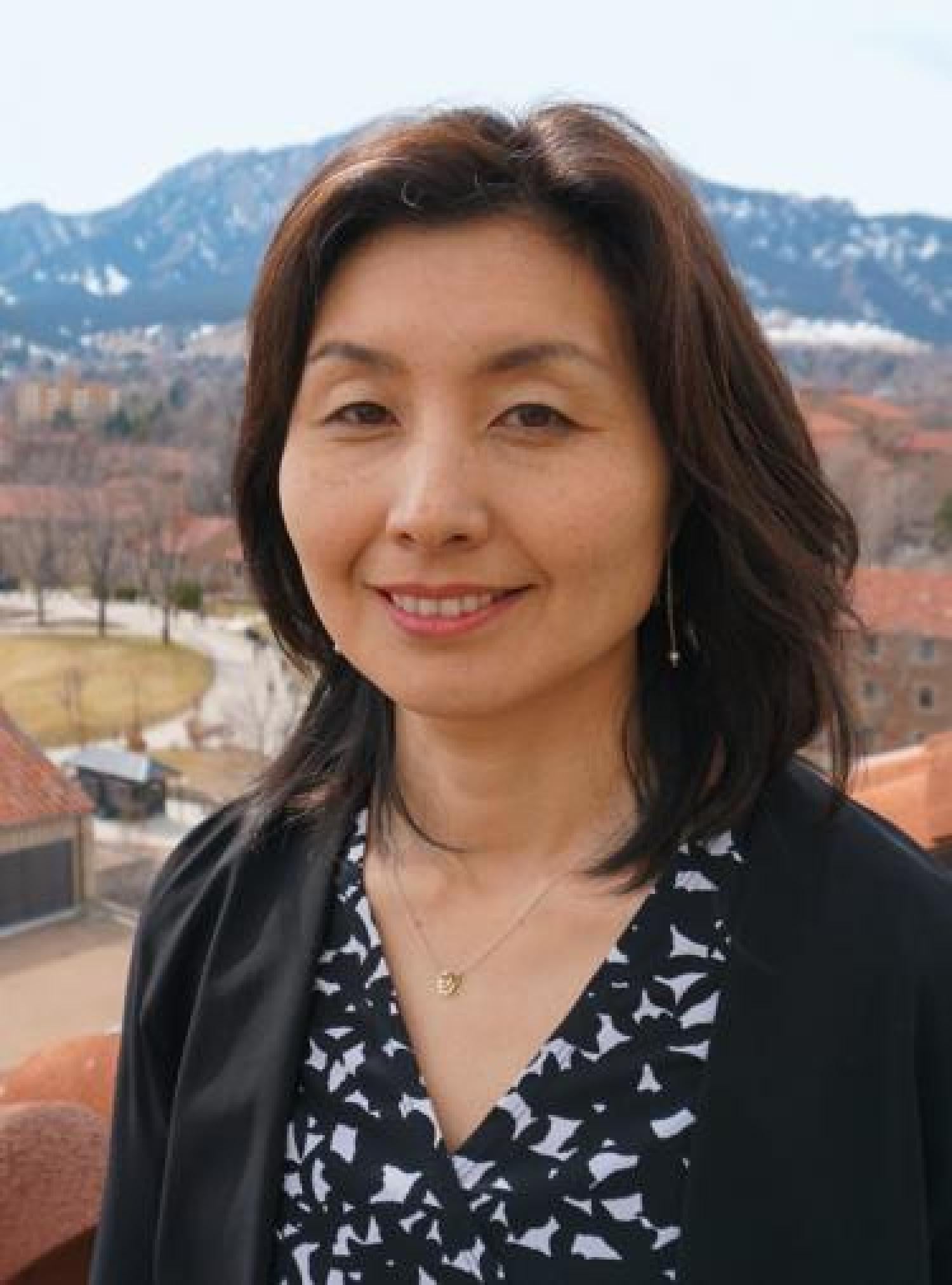Seminar: A Journey from the Earth to Geospace - Oct. 6

A Journey from the Earth to Geospace: Exploring Predictability of Near-Earth Space Environments Through Ensemble-Based Probabilistic Modeling, Data Assimilation, and Observing-System Design
Tomoko Matsuo
Assistant Professor, Smead Aerospace
Wednesday, Oct. 6 | 12:00 P.M. | Zoom Webinar
Abstract: Prediction serves as the ultimate test of our scientific understanding of geophysical systems. Accurate forecasting of near-Earth space environmental conditions is critical to radio communication, navigation, positioning, and satellite tracking. Effective numerical prediction of the region’s conditions allows us to better protect important space assets and related systems in the event of natural hazards. My research group aims to advance the science and engineering of forecasting, as applied to the Earth’s atmosphere from the ground to near-Earth space environments, while developing fundamental understanding of the predictability of a coupled system of the whole atmosphere, ionosphere, and magnetosphere. Prediction of constantly changing environmental conditions, affected by both space and terrestrial weather, requires a systematic integration of observations with a first-principles models using data assimilation. Data assimilation reduces uncertainties in initial conditions and drivers, extending the predictive capability of numerical models of near-Earth space environments. The data assimilation and ensemble-based probabilistic modeling framework being developed can be used for designing of future missions and targeting of observations to maximize scientific returns of observing systems. This seminar showcases the latest research results and future plans.
Bio: Tomoko Matsuo is an Assistant Professor in the Ann and H.J. Smead Department of Aerospace Engineering Sciences. As a Principal Investigator with funding from the NSF, NASA, NOAA, ESA, and Air Force Office of Scientific Research, she has developed original and independent research programs, and has authored and co-authored over 60 refereed publications. She has received an NSF CAREER award for her work into the predictability of the whole atmosphere from the ground to geospace. She has served on high-level external committees, including the NASA Heliophysics Advisory Committee (2017-), NASA Geospace Dynamics Constellation Science and Technology Definition Team (2018-2019), and the ESA Daedalus Mission Advisory Group (2018-2020). Before joining the Department in 2017, she worked at NOAA’s Space Weather Prediction Center and NCAR's Institute for Mathematics Applied to Geosciences. She has a PhD in Atmospheric Sciences from SUNY Stony Brook, and Master’s and Bachelor’s degrees in Physics from Nagoya and Hokkaido Universities in Japan.

